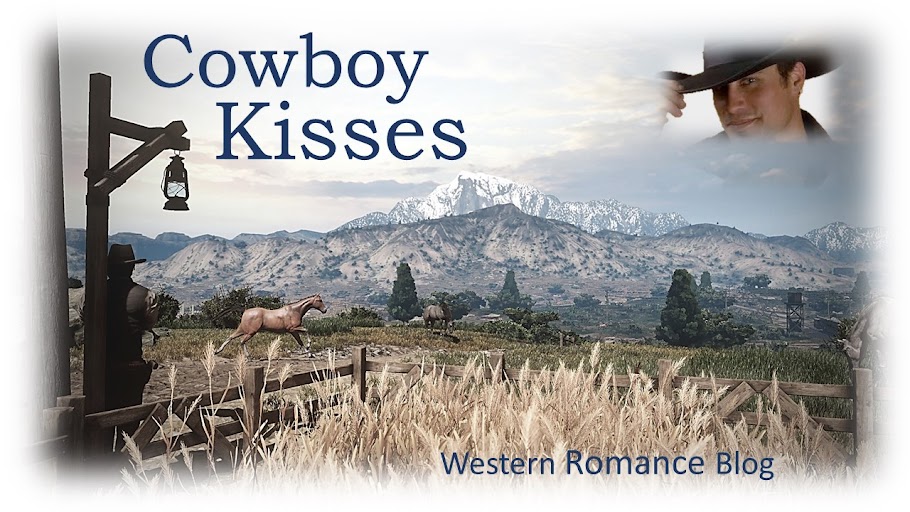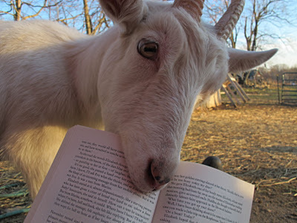Although I have 15 published books, in various genres, for me creating a story still requires rewriting, several editorial passes, and I still don't want to let it go.
I’m also a slow writer, pantser/plotter. I cherish the fantasy of becoming more of a plotter, but even if I were, stories and character have a knack for surprising me with twist and turns which leads to more…re-writing.
Historicals especially demand research, (which I enjoy) so a timeline of important dates, who’s who in the country of choice, and what is happening in the rest of the world can be crucial. But like gathering the ingredients for making a cake, a lot can go wrong or change between accumulating this information and producing a baked good resembling the picture included with the recipe.
Another pass might include replacing some dialog tags, he said/she said, with an action which still identifies the speaker, but adds insight into the character’s personality, mood, or the situation. This can also add to scene layering. Here is a great blog post by Rebecca Zanetti on scene layering
https://rebeccazanetti.com/writing-craft/1745-2/
Editing out overused words is another challenge. The ones listed here, often result in telling not showing. Compile a list of the ones you use too often. Here’s my long list:
The dreaded some
words…sometimes, something, someone, somewhere, somewhat, somebody, somehow. Words
ending in ing or ly. One of, that, it, really, to be, very, so,
often, hear, remember, recall, notice, thought, realize, wonder, see, look,
watch, think, know, believe, decide, feel, sigh, that, expression, headed, okay,
well, too, also, should, few, just, only.
In each book, I seem to glom onto one
particular word and use it to excess.
My terrific editor is a
stickler for never ending a sentence with “It”.
Not always and easy fix, but again replacing “it” with another word
generally makes the offending sentence stronger, more interesting, and worth
keeping.
I can obsess with fixing, editing, and rewriting. But like our finished cake, my manuscript has a shelf-life, and eventually my editor demands I give her the book! Letting our babies out into the world is scary. But if you’ve addressed some of these issues, the kid well probably be ready to survive anything. So, here's to happy writing, and I hope you find some of these ideas helpful. With each new book, I strive to grow more skillful at our craft.
Contemporary Romantic Thriller: Fatal Recall
Medieval Romance: The Dragon and The Rose * Iron Heart * Promise Me Christmas.
Victorian Romance: Lady Gallant * Victorian Dream
Fantasy: The Fae Warriors Trilogy: Solace * Bliss * Portence
Social media:
Amazon author https://amzn.to/2R53KA9
Pinterest https://www.pinterest.com/ginirifkin/pins/
Goodreads https://www.goodreads.com/author/list/4041093.Gini_Rifkin
Barnes and Noble http://bit.ly/2xPs9S4
AudioBooks https://adbl.co/2OlWbGJ
LinkedIn https://www.linkedin.com/in/gini-rifkin-15950489/
Facebook https://www.facebook.com/people/Gini-Rifkin-Author/100001680213365
The Wild Rose Press https://catalog.wildrosepress.com/searchresults.php?searchtext=Gini+Rifkin&Submit2=Search+Titles%2C+Authors%2C+ISBNs




















.png)






